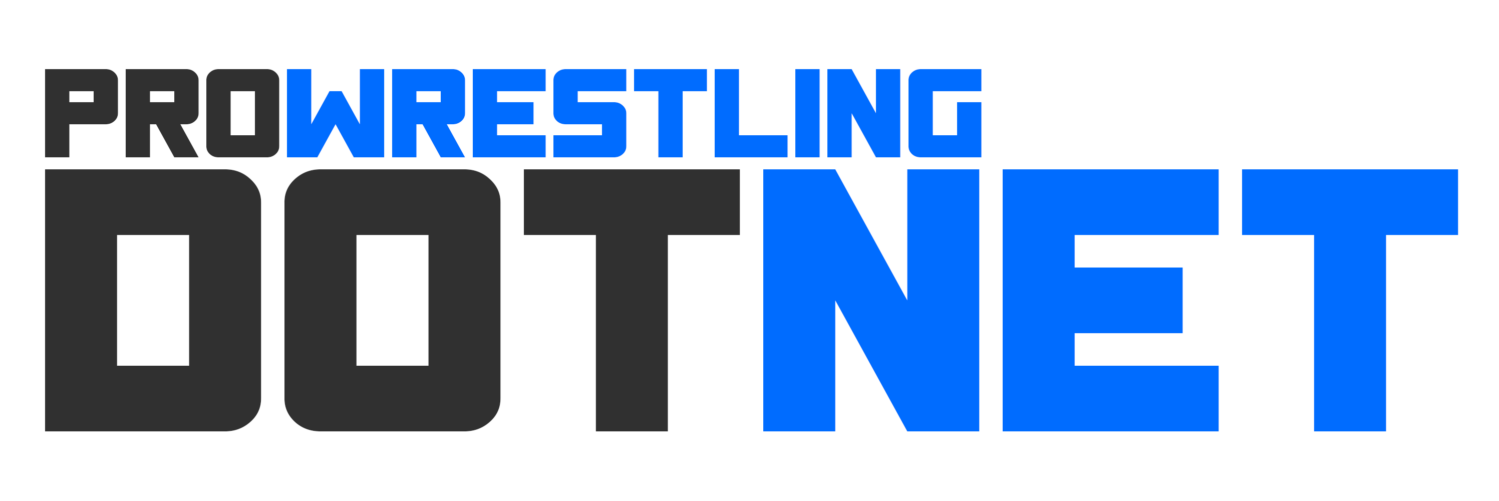By Will Pruett, ProWrestling.net Co-Senior Staffer (@itswilltime)
WWE has killed the competition of WrestleMania week and they did so almost accidentally.
In 2006 Ring of Honor ran their first WrestleMania weekend show, Supercard of Honor. This would begin an annual tradition that is still happening to this day (despite Ring of Honor not existing). This show would cause wrestling promotors all over the country to realize that WrestleMania usually means 50,000 fans converging on one area and, at the time, that those fans had nothing to do the night before WrestleMania.
Ring of Honor would regularly draw some of their biggest crowds at these events. They brought in international stars and attempted to make these some of their most important annual shows. When standard shows are struggling to break 1,000 fans and the WrestleMania weekend show can draw far more, stacking that show became obvious.
Now it was not just Ring of Honor that enjoyed the delights of WrestleMania weekend. Various collectives (even The Collective) have come and gone over the last 18 years. They’ve been accompanied by conventions and other super shows. These shows were the only time some promotions truly mattered. Folks payed to see Evolve shows during WrestleMania weekends, something that never happened any other time.
For a long time (particularly during the period of WWE’s monopolistic dominance of American wrestling from 2001-2019) it seemed like any wrestler not signed by WWE was on a WrestleMania weekend show. And some of those wrestlers would appear on 10+ shows over the weekend.
By 2016 WrestleMania weekend felt like it was less about Sunday’s big event and more about all of the wild shows happening around town. Being in Dallas for WrestleMania 32 was insane, as I spent that Saturday at wrestling shows from 9:00am until about 3:00am. My feet hurt. My brain could not handle more wrestling. I was tired, but I was surrounded by every possible genre of the art form I love. I was numb to Kota Ibushi doing backflips off of weird western wall decor, but I was happy!
Then a change in wrestling happened. Actually, two or three major changes happened that have permanently altered WrestleMania weekend.
First was the launch of AEW and the end of WWE’s monopoly over national professional wrestling. This meant that the once rich talent pool Ring of Honor and various indie promotions had to work with was suddenly drying up. Especially when it came to top level names, these promotions struggled to reproduce the results they had before AEW’s launch.
In an effort to still draw fans, promotions became dependent on meme wrestlers and full meme shows. While the jokes can be fun, exhausting oneself to attend a three hour one-note joke can be a bit much.
Also a whole pandemic occurred. I don’t want to write about all that, but just know that pandemics are bad.
The biggest major change happened with the pandemic: WrestleMania became a two night event. After running never-ending shows for years (my experience in 2016 with WrestleMania 32’s surprise bonus hour comes to mind), WWE took advantage of the pre-taped nature of WrestleMania 36 and split the show into Saturday and Sunday events. When WWE returned to doing the show live with fans for WrestleMania 37, the two-night format stuck.
WrestleMania Saturday used to be the marathon day for indie promotions running that weekend. Fans could cross the host city going to event after event until they passed out in the street chanting “This is awesome” and crying. Now, WrestleMania Saturday is really just for WrestleMania. The logistics of going to a stadium are massively different compared to small arenas and hotel ballrooms. It takes a long time to get into a stadium. WrestleMania Saturday is an event unto itself. And if you need more wrestling, WWE provides with a NXT show that morning as well.
WWE killed the WrestleMania weekend indie experience simply by expanding WrestleMania. I’m not even sure this was the intended or expected consequence of expanding WrestleMania. WWE now gets to sell twice as many tickets and they monopolize the weekend, shutting down almost any competition in town. The indie shows still exist, but even outside of the host city, fewer fans discuss all of the shows they’re going to watch leading up to WrestleMania, because who has time when WrestleMania will be 8-10 hours of the weekend itself?
Last year I attended WrestleMania weekend in Los Angeles and found myself sticking solely to WWE events. This was not intentional, but driving up to the city on Thursday night for the major Indies felt daunting when I would be there Friday-Monday evenings as well. It was just as easy to go to Smackdown and stay for the Hall of Fame, attend WrestleMania, and sit through the worst Raw I have ever seen. My weekend was full. I was still exhausted and numb. I had my full experience.
WWE found a way to eliminate competition and expand their footprint, both things they are quite adept at. While the experience for indie wrestling fans may be a little less for these weekends, the experience for WWE fans traveling to the host city has also improved. The two night WrestleMania killed WrestleMania weekend and somehow made it better.
Will Pruett writes about wrestling and popular culture at prowrestling.net. To see his video content subscribe to his YouTube channel. To contact, check him out on Twitter @itswilltime, leave a comment, or email him at itswilltime@gmail.com.










Be the first to comment